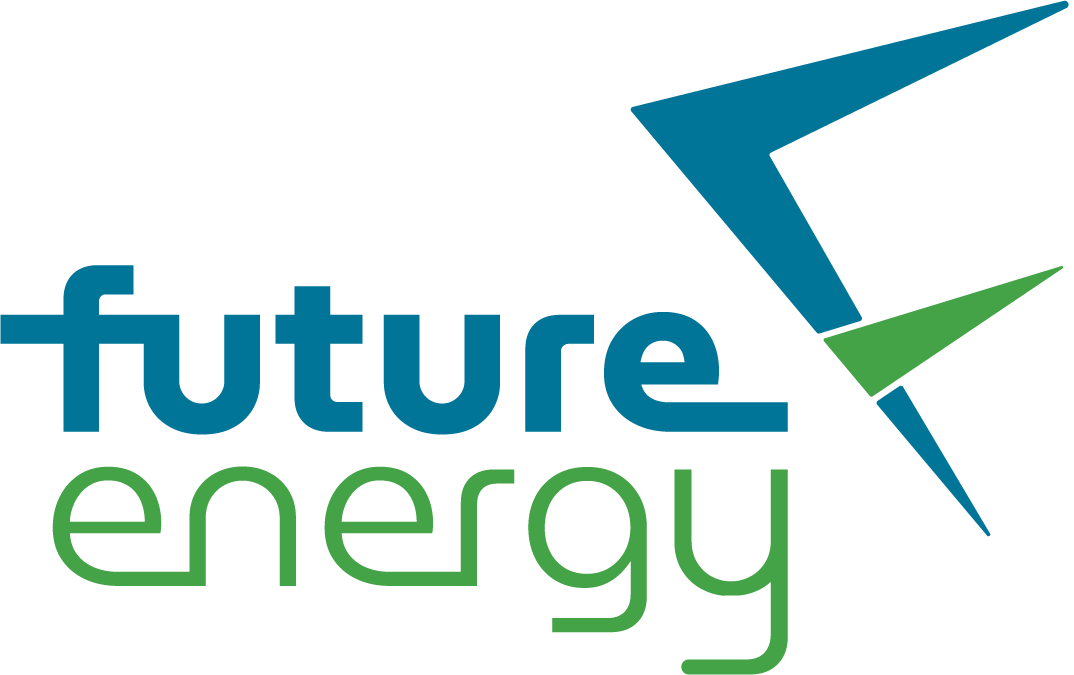
Carbon negative renewable fuels joint venture announced
Australia’s first bio-refinery to produce renewable diesel is one step closer, thanks to a joint venture between Frontier Impact Group and Carnarvon Petroleum Ltd.
The joint venture plans to use internationally proven technology to process waste biomass and produce renewable diesel, high-quality biochar and wood vinegar using a sustainable process that is carbon negative.
The bio-refinery aims to produce 18 million litres of renewable diesel per annum, with production set to commence late 2022.
Jennifer Lauber Patterson, Managing Director of Frontier Impact Group said the use of sustainably-sourced biomass in the production of renewable diesel was not only a much improved environmental outcome, it also returned far greater value for the local economy.
The project will create 150 direct and Indirect jobs in the Collie region of Western Australia and reduce carbon emissions by almost 50,000 tonnes per annum.
“One tonne of biomass used to produce renewable diesel adds around $730 to the local economy, compared with approximately $220 when exported as wood chips or $130 as electrical combustion feedstock, Ms Lauber Patterson said.
“Renewable diesel production is also able to make use of fire-affected wood that is often burnt when there isn’t an economically feasible market.”
Much of the high-quality biochar could be processed further into high-quality graphene, with potential next-generation applications such as electronics, batteries and material composites.
“Frontier Impact Group is very pleased to be partnering with Carnarvon in this nation-leading project,” said Ms Lauber Patterson.
“Carnarvon shares our vision to deliver real alternatives to fossil fuels and are taking investment opportunities to transition to net zero.”
Each party will own 50 per cent equity in the joint venture, with Carnarvon set to invest AU$2.6 million in seed capital to enable the first project to reach financial close, expected to be early 2022.
Ms Lauber Patterson acknowledged the support of the Western Australian state government.
“The Western Australian Government has been very supportive of our project through the Collie Futures Small Grant Program that provided $100,000 towards a feasibility study in 2020 that has led to this very exciting announcement,” Ms Lauber Patterson said.

© 2021 Future Energy Australia | Site by Gumfire | Privacy Policy | Terms and Conditions


